Widowhood and its methods – Questions and answers (part 1)
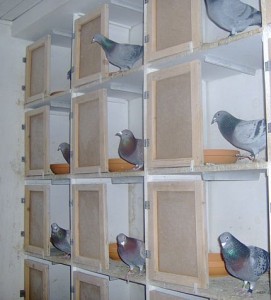 It seems to us the best way, to inform you of widowhood methods, in the form of questions and answers which will give a comlete and detailed study about this subject. It will consequently become a dialogue between a novice and an expert who is prepared to instruct and pass on knowledge obtained by long experience.
It seems to us the best way, to inform you of widowhood methods, in the form of questions and answers which will give a comlete and detailed study about this subject. It will consequently become a dialogue between a novice and an expert who is prepared to instruct and pass on knowledge obtained by long experience.
1. Do you believe that widowhood is the only method to obtain succes ?
I don’t believe that widowhood is the only method to bring succes. Nowadays many fanciers, who remain true to the natural method distinguish themselves. Why should we not succeed where others obtain good results ?
2. Which of those two methods do you prefer ?
The withood method gives by far greater certainty, no matter what some fanciers say, it is also the easiest and the least time consuming method.
A well managed team of widowers come easy into form which allows the owner to be more or less content, while a small item can be enough to handicap pigeons that are flown to the nest method. To succeed with the natural method, one must be a greather artist and spend more time with the birds. A fancier with a small team can still distinguish himself with this old method, provided he follows certain methods that were unknown in the past. Nowadays, one cannot keep a big team of pigeons in the right condition when one does not race them on widowhood. Our advice to those fanciers that are in a position to do it is, to try the two methods at the same time.
One can race the old cocks on widowhood, while in another loft you can race the hens, paired to young cocks, on the natural method. In this manner you learn to know your hens and you can keep the best ones for stock. At the same time this method offers the possibility to withdraw the best hens from an unnatural and weakening state.
3. Does one require a special loft for the widowhood method ?
It is a strict requirement. We have, for a short while, succeeded with widowers which were kept in a loft which also housed other pigeons, but if you want to stay successful, you must give the widowhood cocks the rest they need. This can only be achieved if they are parted from all other pigeons. There must be also special nest boxes, well known to every widowhood fancier. When we started widowhood for the first time, we did not have the proper nest boxes at our disposal. This gave us some difficulties and unneccessary complications. One is well advised to start in the right way, even if one has to show some patience.
Luxuriousness is completely unneccessary, but every fancier must have at his disposal, at least two or better still, three lofts. One loft for widowhood, a second one for the stock-birds and a third one, for the youngsters. After a while, when a fancier is better equipped, the enjoyment and ease will improve.
4. At what date does one starts widowhood racing ?
There is no fixed date. It all depends in what condition the birds are in and especialy the races you are striving for. In principle it is possible to keep a team of widowers for a period of two to three months in condition. A durable and lasting condition starts when the temperature is more settled. A fancier that has sufficient lofts and pigeons, could fly widowhood with succes from the end of March untill the beginning of August. He could start in March or the beginning of April with widowers that have not been paired up and have seen their hens only two or three times after they returned from a training flight. In the middle of the racing season, he can race the ones that were paired up between March and the end of April and were afterwards put on widowhood and at the end of the racing season, race the cocks that were kept unpaired, after a sitting period of about ten days to retard the moult as much as possible, on widowhood. But these are exceptions which are only used by some specialists. The usual period of widowhood is between 15 April and the end of July. Real specialists who have at there disposal birds with staying power will be able to keep them active during this period.
Nevertheless it is nowadays, above all things, neccessary to sent your birds to the starting point in a fresher state than the ones of your opponents.
It can also be said in this case: PATIENCE IS GOLDEN.
5. Does one need more pigeons for the widowhood than for the natural method ?
Sometimes one needs a few more but it is not a strict requirement. It is true that in the widowhood game the cocks are raced, but the lesser number of pigeons that are available is compensated by the fact that the widowers can be flown more often in short and middle distance races than cocks and hens that are raced on the natural method.
A fancier who possesses an average team of 30 pigeons of which 12 pairs are put on widowhood, will have every Sunday (Saterday in the U.K.) the same number of cocks in a good condition as an opponent who possesses the same number of pigeons and flies them on the natural method.
From what has proceeded, one must not conclude that widowers are always in good condition, but the advantage is, they always have the same urge to come home as quick as possible, which is not so regular by pigeons that are flown on the natural method. A fancier with 30 pigeons must put at least 3 cocks into the stock-loft for the continuation of his strain. When we find in our team one or two good racinghens, we put them together with the tree pairs we kept for stock into the stock-loft and provided we don’t breed too much out of them, we could race them on the natural game.
6. Are there any real dangers when birds, are flown on widowhood?
In most cases, the risks to widowhood cocks are not different to mated cocks in training. Well managed and well trained widowers run the same risks as those trained for the nest game.
If on this point any difference should occur, it will turn out to be to the advantage of the widowers.
In 1937, we started to fly regularly on widowhood and we have only lost seven pigeons, among them were five late-breds, which one could expect to lose. We could not have said the same thing when we had flown them, for the same duration, on the nest game. The real danger is the shortage of youngsters as we have very often noticed, on our visits to small team fanciers. Those careless fanciers put all their cocks and hens on widowhood. After two or three years of succes those neglected hens insufficient cared for and kept in bad loft instalations are no good to give any satisfaction as breeding hens. This danger never occurs by big team flyers because they always have a loft especially kept for stock-birds. That is why we must, no matter how many we have at our disposal, withdraw every year a few pairs from widowhood and keep them for stock. He that does not follow this advice will regret it sooner or later.
7. Is it preferable to allow the widowers to rear a youngster before the racing season?
There is no proof that no breeding would be any better than breeding. A few years ago, we did some investigations in several big lofts in Belgium. Those investigations did not give us the pros and cons of breeding out of future widowers. If there are no sure advantage of not breeding from future widowers, there is, on the contrary, a certain advantage for them that are breeding before the racing season, namely they will have some extra youngsters.
Of the twenty National winners we have consulted, and who obtained some good results in previous years, more than 60 % had allowed their widowers to rear one or two youngsters before they were put on widowhood.
Among those 60% were all great champions from Flanders and Antwerp, while the other 40% consisted mainly of champions from Liège which did not like the idea of breeding before they put their birds on widowhood. It is not unknown to us that some sceptic fanciers did not believe the sincerity of the obtained answers. We beg them to observe that they are wrong to think that those great champions were dishonest and would lie about their methods. To tell the truth, we have been in their loft when they were in the meridian of their glory and have seen with our own eyes, in all nests of the racing birds,one or two youngsters. If one believes what some authors have written on this subject, namely that breeding before the racing season deminishes the strength and reserves of the future racing birds, we must also believe that the pigeons of the greatest champions of Flanders that are rearing two youngsters and would be handicapped through this to win races, which they do, must be of a more superior class in relation to those of theid opponents which are not breeding before the start of the racing season.
Let us come to this conclusion: If we need youngsters, we must breed out of our future widowers and when we have a bad season let us be honest and look for our failure somewhere else.
Article Written by Jules Gallez (edited by Martin Degrave) source PIPA


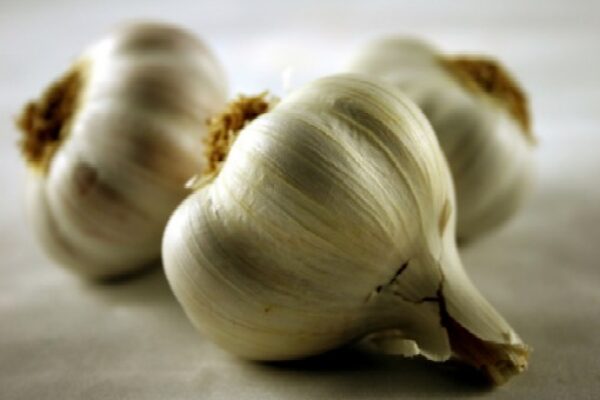
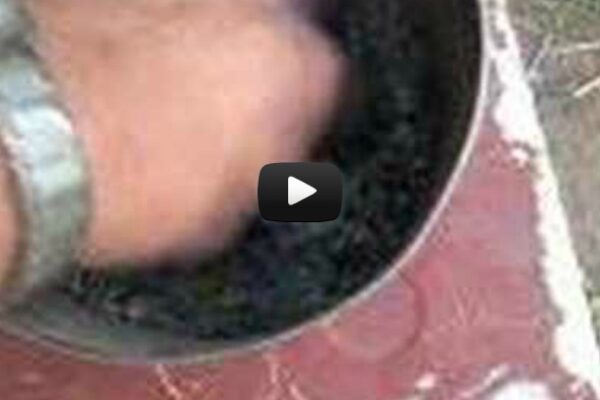

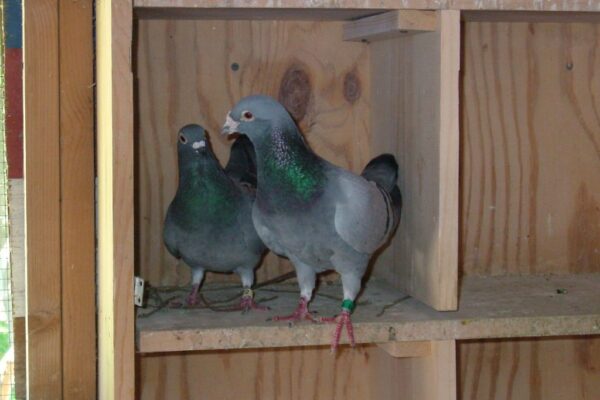
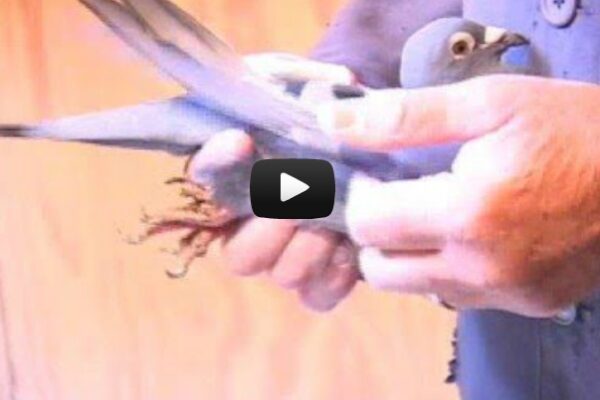
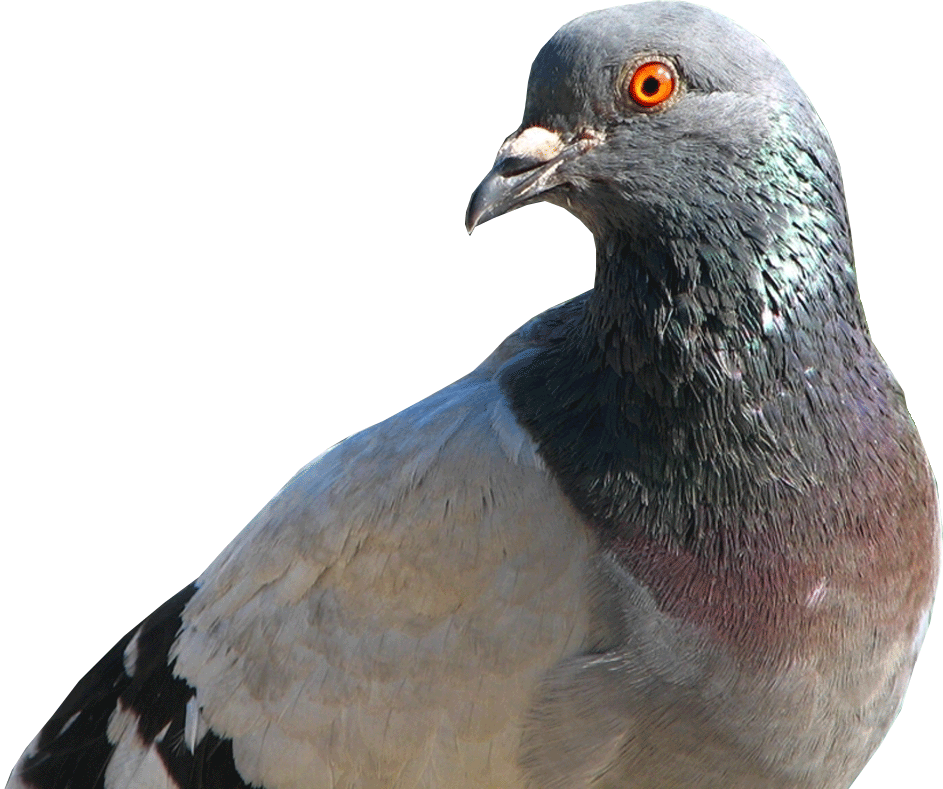

thanks fo reply
in the philippines rearing youngs prior to race can be detrimental to pigeons health. The extremes of weather can dehydrate a bird. Often a middle distance becomes a long distance due to bad weather. The birds must go around instead of a straight flight. Ive tried widowhood cocks, yes, they race fast but are effective for me only in easy races. My young birds to my surprise are the ones that stand out in smash or hard races, mostly they are hens. This is based on experience in the philippines. The main event race here basically compose of 7 laps in 7 weeks, they must clock in all of this laps otherwise they are eliminated. So my question is how can I make my widowhood be effective in this situation?? Please help. Thanks
Why is it so difficult to fly widowhood in the southern hemisphere?In south Africa i don’t know of any successful widowhood racing.Maybe it has something to do with our very hot climate
the problem of flying total widowhood cocks is that you never prove your hens how can you keep a line going when the only test for your hens is youngbird racing .I think you need to fly the hens on a roundabout system the guys that fly this system are happy for you guys to fly your cocks when they pick up the prizes at the early part of the flying program the time you get the cocks on song they have already had two or three wins with there hens so wake up roundabout is the way stop wasting good hens
i can keep a widowhood cock on the boil a lot longer than keeping birds on a roundabout.
the trouble is widowhood isnt about showing the cock its mate & nest bowl and thinking its going to smash the trap to get home to its mate….that shit aint goin to happen after the first race…
play with the system,1 week just let him into his nest bowl,the next week let him into his nest bowl,then put the w/hens ina basket,then just as all you can hear is the cocks calling,put the basket in the cock loft,but dont let the hens out until cocks are basketed for the race and the cocks cant see the hens have been released from the basket…try that one week,feel the cocks as you put them in the basket they,re really pumped up….another thing cover the cock basket,stops them using energy fighting each other…play with the system,keep them thinking….then you will see w/hood cocks that last the o/bird season…
It is so true many believe that rearing young from widowers is not wise … i will say it is not the case if your birds have what it takes to be in a racing or breeding loft. too many mistakes are done while breeding,involving housing and other flaws in our management. well bred pigeons are not all capable of being in the race team and able to breed prior to racing. in my case i do breed two rounds from cocks prior to racing … and no in Canada flying the east course was no easy racing. with such practice …. first ten pigeons, combine- 500miles …. 1st to 17th ,19th to 27th, in same open race, from 350miles. so i can also assure fanciers that pigeons bred for battle and possessing the spirit of a warrior, can have a nest or two prior to racing. of course many other details come to play as to the timing of racing, and loft temp and other conditions and overerall methods feeding. and which is not fitting to run through in such a flash. p.s. give the stock all you have or you will have none!